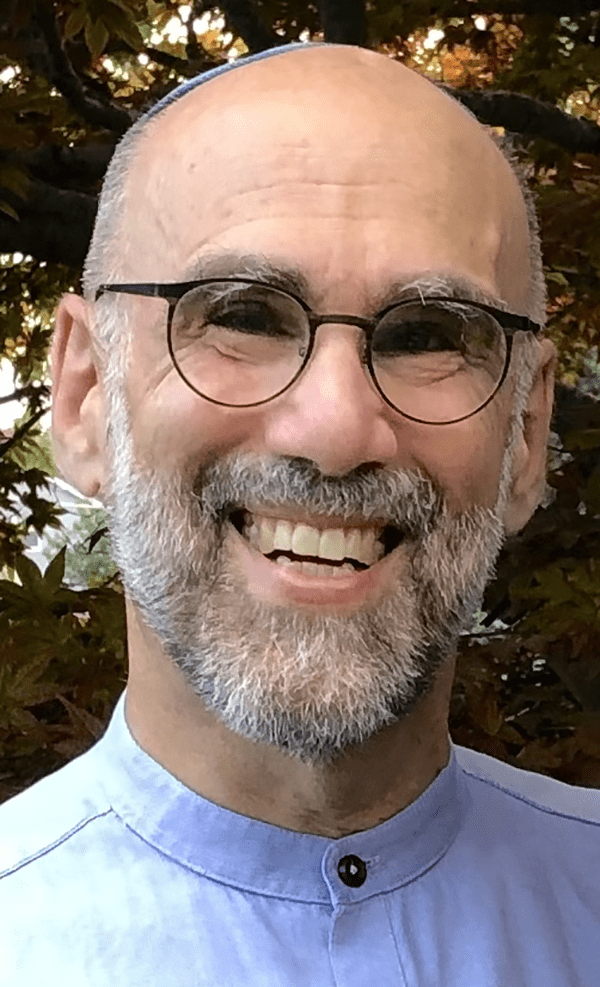Torah Specialist!
My recent posts... Torah specials! As do all blessings, the bracha we recite before learning sacred text or topics begins with praise of Adonai our God. We then offer thanks for the opportunity to engage with words or teachings of Torah: la’asok b’divrei Torah, a text...
Words / yom ha’atzma’ut
Like so many other commentators — ancient to modern — Rabbi Lord Jonathan Sacks elaborates on the construct of tzara’at, an unidentified skin ailment, as recompense for evil speech, lashon hara. Long-ago rabbinic wordplay connected tzara’at to words, speech, that can be hurtful. Aside from a clever acronymic derivation, why would the sages have focused on speech?
Makin’ Matza!
My recent posts...
Selling Chametz
Even if you don’t keep a kosher kitchen, and/or you don’t “convert” your kitchen for Pesach, there is still spiritual value in selling your chametz: You are engaging with myriad Jews worldwide in a practice that can be traced back to Torah and, if you include a donations to “ma’ot chitin,” you are enabling those in need to more fully celebrate Pesach.
Endings
Most of us never hear the end of the Torah: the last two chapters of Devarim / Deuteronomy are read only on Simchat Torah morning. I’ve been in shul every Simchat Torah morning for as long as I can remember. Yet I was surprised this year by the three endings of Devarim. Yes, three endings. (Amazing what you find when you pay attention!)
Devarim winds down with Moshe / Moses conferring a “blessing” upon the tribes of Israel, an enigmatic blessing that ranges from statements of character to declarations of the future to chastisement.
Then, the book ends.
- (34:5-8a) Moshe / Moses, Israel’s greatest leader, dies and is buried by God on Har Nevo / Mt. Nebo. The entire people Israel mourn for 30 days.
- (34:8b-9) Yehoshua / Joshua assumes the mantle of leadership, and all Israel follow God’s laws.
- (34:10-12) Moshe is lionized as unique among the prophets of Israel for speaking with God face to face and effecting God’s might and wonders in defeating Egypt, as witnessed by all Israel.
The haftara for Simchat Torah is the first chapter of Yehoshua, the next book of our Tanach / Hebrew Bible. The book of Yehoshua describes the Israelite conquest of the Promised Land.
The transition from the first ending of Devarim to Yehoshua is smooth enough: Moshe dies, Israel mourns, Yehoshua takes them across the Yarden / Jordan River and the journey continues.
Why, then, another ending that reiterates Yehoshua’s bona fides as leader and adds that all Israel followed the rules? Perhaps to emphasize that Yehoshua be unchallenged; an orderly succession was vital to the enterprise of the Israelite people.
And final ending?
The coda about God’s power and miracles cements Moshe’s place in Israelite history. It also releases Torah from the confines of history (later readers know about destruction and exile) and makes it timeless myth, sacred saga. The final ending also says, “If you’re impressed by the wonders and miracles our God did for us against the Egyptians, listen to this: Bereisheet / way before the exodus, God created the world!”
Thus, we begin again.


